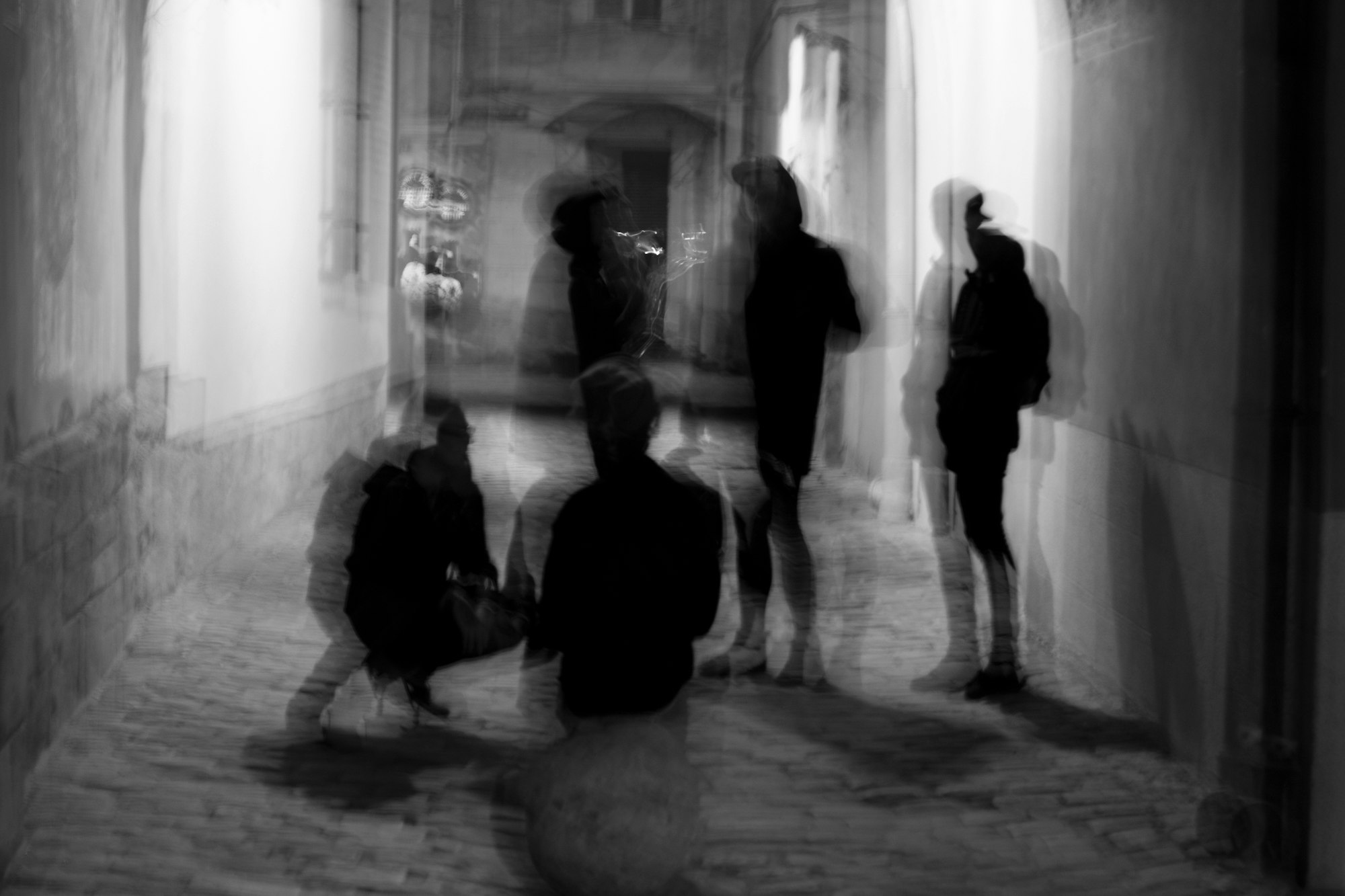The dangers of concept creep
When concept creep gets out of control

As a progressive who believes in the principles of social justice but has found himself confused by some of the dynamics on the Left in the last few years, I’ve found the idea of concept creep to be a helpful anchor point.
Concept creep refers to the ways negative aspects of a human experience have been expanded in meaning and semantics so that they encompass a much wider range of phenomena. In his book What’s Our Problem, Tim Urban says, “When concept creep gets out of control, it allows a far wider range of behaviors to qualify as bigotry, abuse, and trauma, which means a far wider range of people viewing themselves as victims of bigotry, abuse, and trauma. It also turns a far wider range of people into bigots, abusers, and traumatizers. Many more victims = many more villains.”
Perhaps our definitions have been too narrow to begin with, but I’ve noticed how concept creep creates a dynamic of fear and outrage in online and organizational spaces.
The journalist Coleman Hughes says, “We’re operating on like, five or ten different definitions of racism simultaneously at the moment as a society. And yet the word ‘racist’ carries a severe stigma. So the stigma is very precise, but the definition is very vague.”
The combination of: 1) precise stigma 2) vague concept, and 3) severe punishment (even if just social or reputational) leads to virtue-signaling and fear. I’ve felt this fear personally, and I’ve noticed not only the ways it pushes people towards silence, conformity, or attempts to telegraph to other people one’s own innocence or enlightened complicity, but also that this fear-based posturing can distract us from the bigger work of actually advancing justice.
